Who Should You Work With: Health Coach vs Dietician vs Nutritionist 🌱
Curious about health coaching? Wondering what the difference is between a wellness coach and a dietician or a nutritionist?
I get it. It’s all a bit confusing— this post should clear up the differences and help you to decide who may best serve you on your path towards wellness.
It has officially been 3 years since I completed my health coaching course, 8 years since becoming a registered nurse, and over 12 years of working with health and wellness. And one question I consistently get time and time again is "Who should I see"?
Who is the right person to work with to achieve your health goals? Specifically, what is the difference between a health coach, nutritionist, and dietician? These health coaches and healthcare professionals all have different specialties, scope of practice, and education. This post will shine some light on each profession, their specialty, and which one may be right for you!
Here’s a breakdown of health coaches, dietitians, and nutritionists:
Health Coaches
As a health coach myself, I see a lot (like a lot a lot) of other health coaches stepping outside of what they should actually be doing. This includes things like diagnosing, writing diet plans, and giving medical advice. Even being a licensed nurse in addition to a health coach, those are all beyond my scope of practice.
I also think it is important when working with a health coach that they actually are certified-- and not just using the title of "health coach" without any experience. This is because the coaching industry is not regulated. That means that just about anyone can claim themselves to be a coach without any educational background or experience actually coaching.
Here is a breakdown of the role of a health coach, their training programs, and the main differences from some of the other health professionals.
Education:
Varies widely; can range from a short certification program to a degree in a health-related field. Personally, I completed a year-long health coaching certification program online.
Programs may focus on holistic health, proper nutrition, healthy eating, behavior change, and promoting overall healthier lifestyles
Certification/Licensing Requirements:
Not typically licensed but can be certified through organizations including:
National Board for Health & Wellness Coaching (NBHWC)
International Association for Health Coaches (IAHC)
These certifications include completing an exam to verify your knowledge and expertise in the field.
Scope of Practice:
Focuses on overall lifestyle changes (healthy diet, exercise, stress, sleep, etc.).
Coaches guide and motivate clients, but do not diagnose or treat medical conditions.
Who They Help Best:
Individuals seeking lifestyle changes, wanting to build healthy habits, goal setting, behavior modification, and long-term health and wellness goals. Working with a health coach is great for someone who has specific goals and needs help implementing them! (It is my favorite thing when I get to work with someone who is really struggling to make progress in an area, and I get to walk alongside them, encourage them, and give them accountability to actually see change 👏)
Related Reads:
Registered Dietitians (RDs) or Registered Dietitian Nutritionist (RDNs)
Registered dieticians and registered nutritionists are your experts in the field of nutrition. Similar to being a registered nurse and needing to earn a degree and pass licensing boards. This validates their expertise and gives you confidence in their ability to manage the complexities of medical and health related nutrition needs.
Education:
Bachelor’s degree in nutrition, dietetics, or a related field (soon requiring a master’s degree).
Completion of an accredited dietetic internship (1,200 hours of supervised practice).
Certification/Licensing Requirements:
Must pass the Commission on Dietetic Registration (CDR) exam.
Licensure or certification is required in most U.S. states.
Scope of Practice:
Can provide medical nutrition therapy (MNT) to treat chronic illnesses like diabetes or kidney disease.
Can work in hospitals, schools, or private practice, creating evidence-based meal plans and guidelines.
Who They Help Best:
People with medical conditions requiring specific dietary management (e.g., diabetes, food allergies).
Athletes, seniors, and children needing specialized nutritional care.
These nutrition professionals are great at giving you very specific diet advice based in nutritional science-- and they have the credentials to do so. They can also help give you dietary guidelines for your personal health goals and medical background. This is so important because we all have different dietary needs based on our bioindividuality and medical needs.
Nutritionists
Most often, I think nutritionists are confused with registered dietitian nutritionists (and I get it, the names are all pretty similar). Here are a few of the key differences to help you navigate which professional may be best equipped to serve you well:
Education:
Varies greatly; some may have a degree in nutrition or a related field, while others may complete short courses.
In some cases, may not require formal education.
Certification/Licensing Requirements:
Not regulated in many areas, which can result in inconsistent qualifications.
Some may hold certifications, like Certified Nutrition Specialist (CNS) or Certified Clinical Nutritionist (CCN).
Scope of Practice:
Typically provides general nutrition advice.
Cannot legally provide medical nutrition therapy without additional credentials in most regions.
Who They Help Best:
Individuals seeking general nutrition guidance for better health or weight management.
May work in community settings or wellness programs.
So Who Is Right For you?
If you are hoping to improve your health and wanting a little bit of support, it can be so overwhelming. Between all the different approaches and medical professionals and wellness coaches, it can be hard knowing which direction to lean into. Here are some guidelines you can follow:
1. Have you been diagnosed with a chronic illness?
Some of these may include diabetes, thyroid diseases, high blood pressure, heart disease, etc. These are all medical conditions that can be supported through healthy eating habits. A certified health coach should not be giving you medical or dietary advice on how to treat these conditions. But a health coach can help you to implement the advice from your wellness professionals, give you general advice on healthy eating, and implementing beneficial lifestyle changes.
2. What is your main health goal?
Are you looking to be more active, drink more water, reduce stress, achieve fitness goals, make healthier food choices-- these are all lifestyle factors that a health coach can help give you support on.
If you are looking to improve lab work, change medications, have a medical diagnosis requiring a nutrition expert, achieve a significant amount of weight loss, etc.. these should all have a registered dietician on board your health team. Once you have the specific medical advice needed for your situation, it is then at that point a health coach can help you implement those habits or lifestyle changes.
Have you worked with a nutritional professional or health coach before? Are you hoping to work with one in the future? Let me know what your questions are or feel free to hop in my inbox at hello@wellnesswithkaelyn.com --I'd love to answer your questions or set up a health coaching call.
Kaelyn



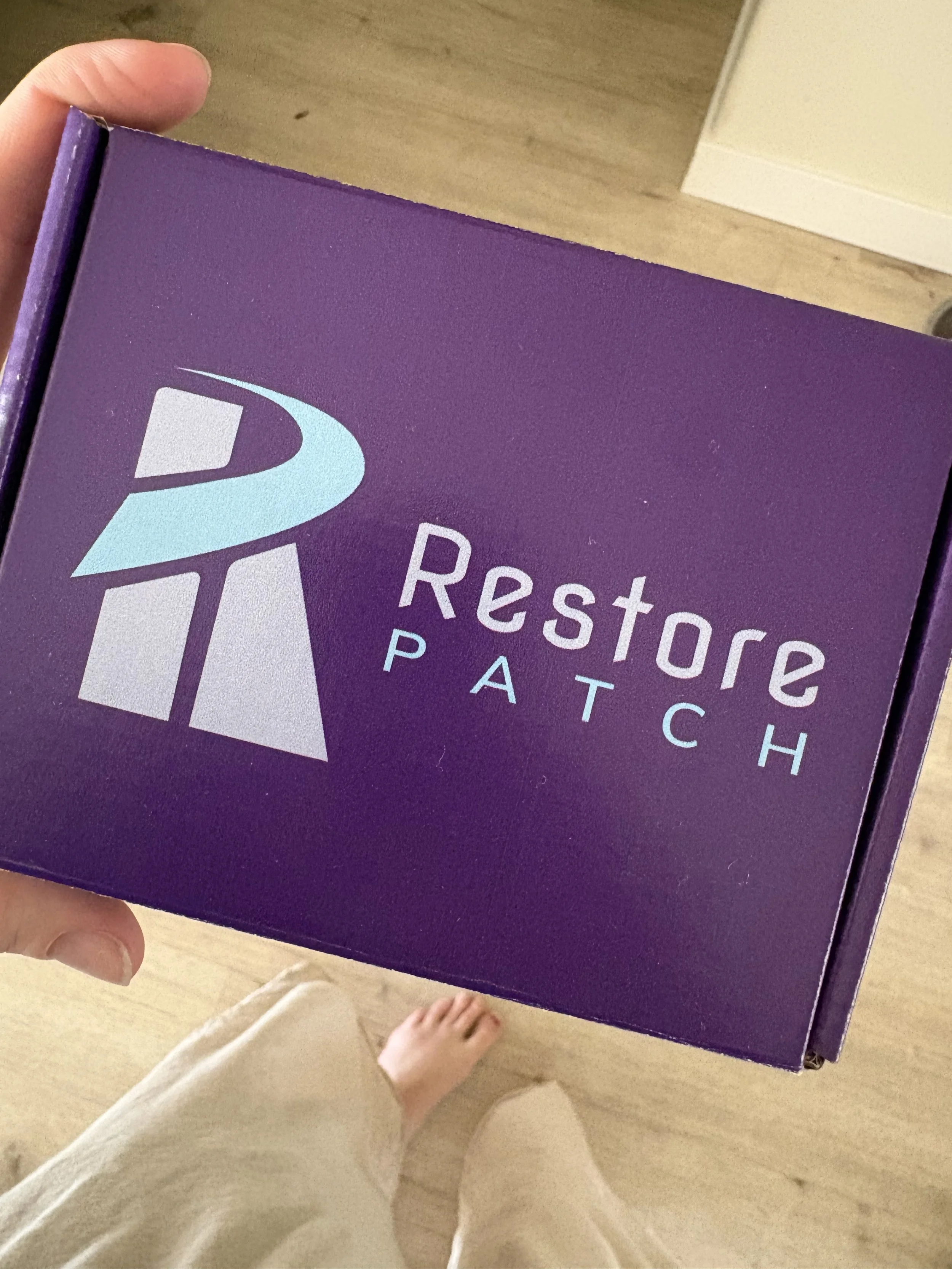
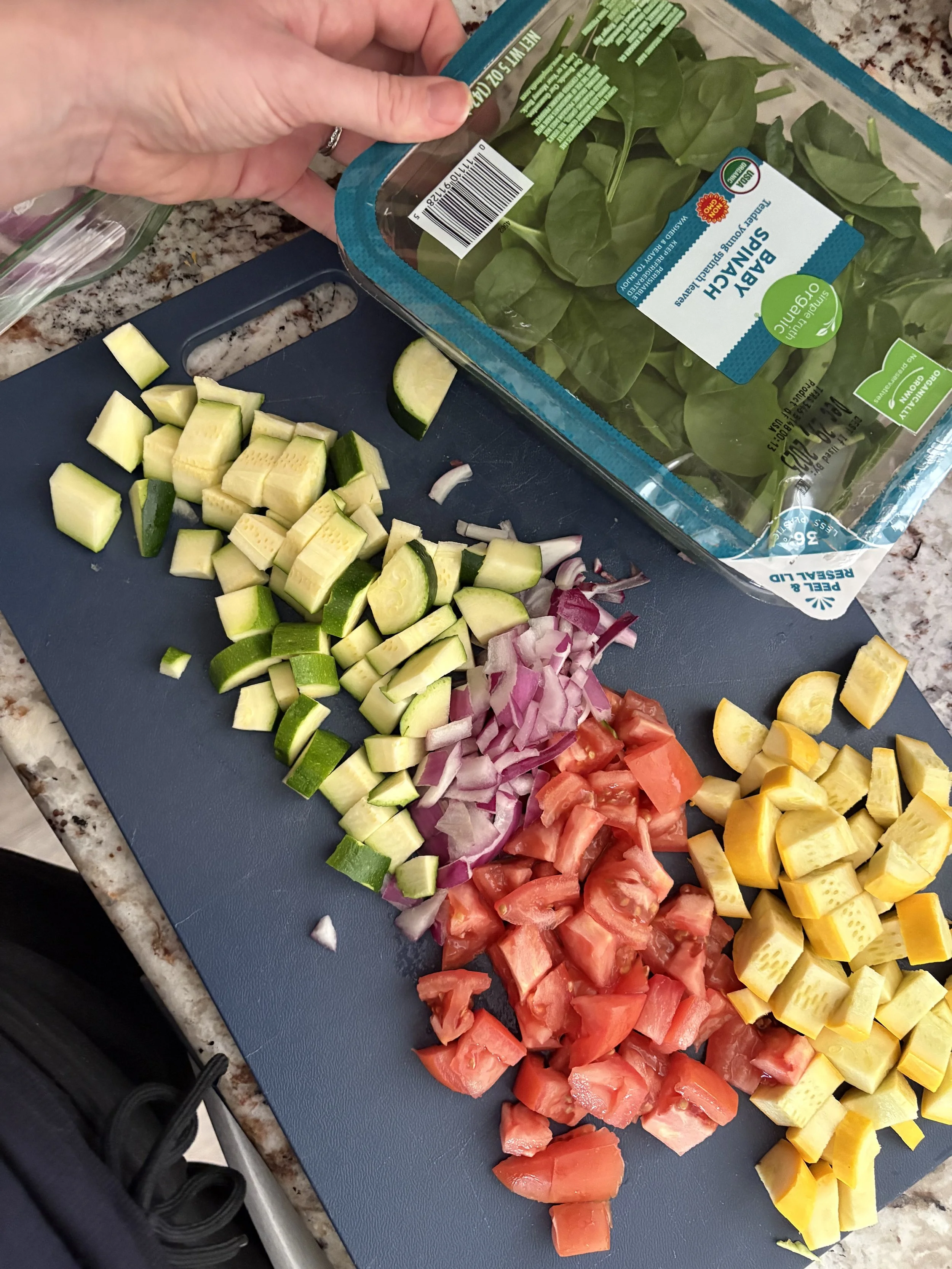
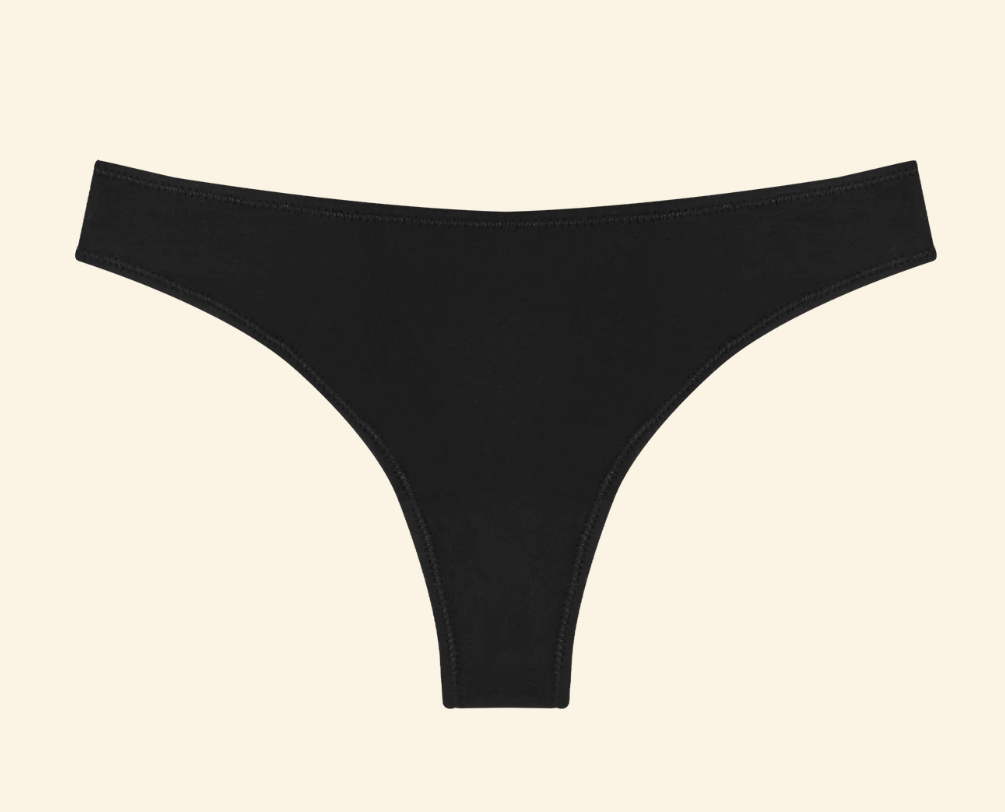



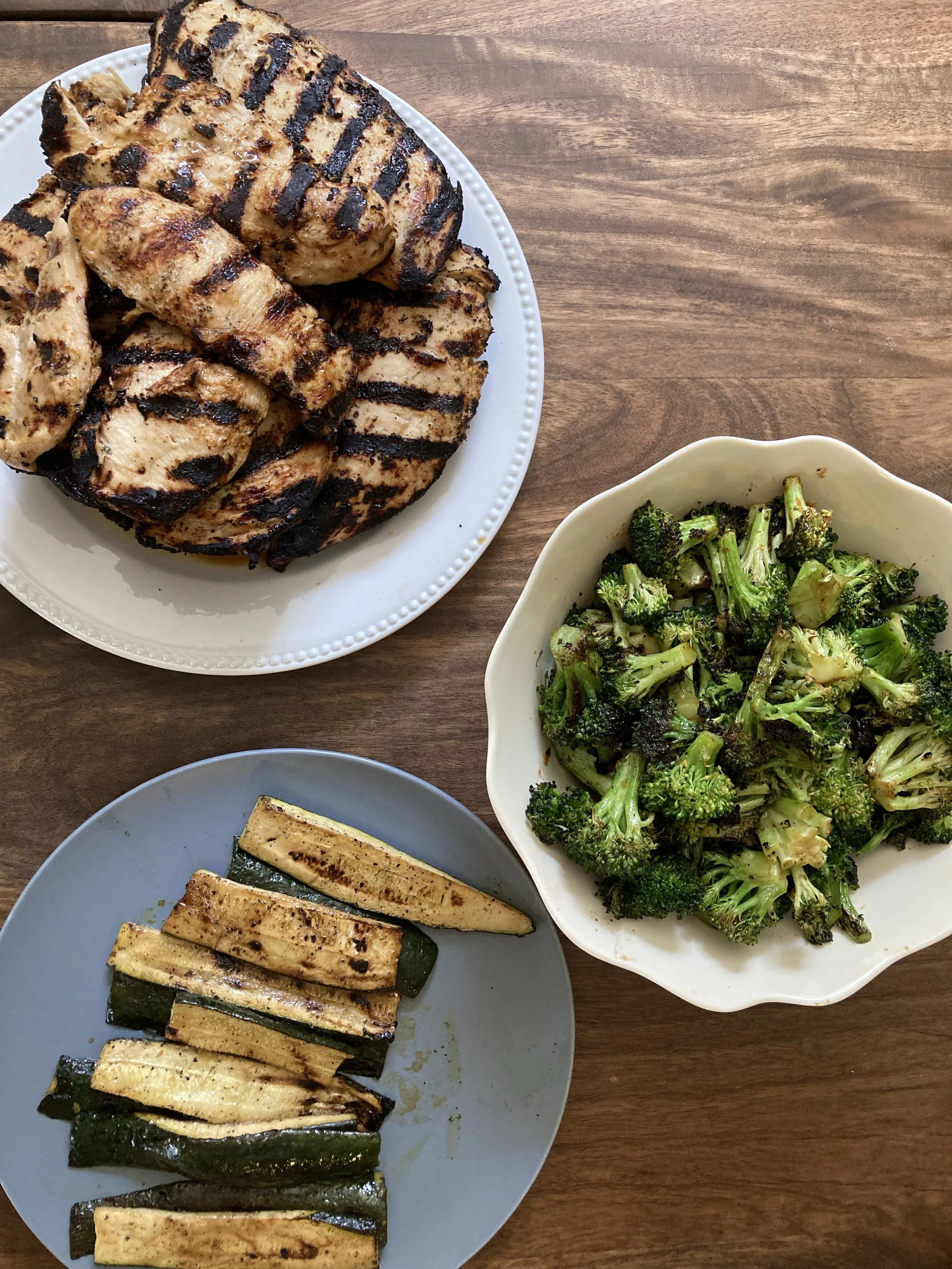




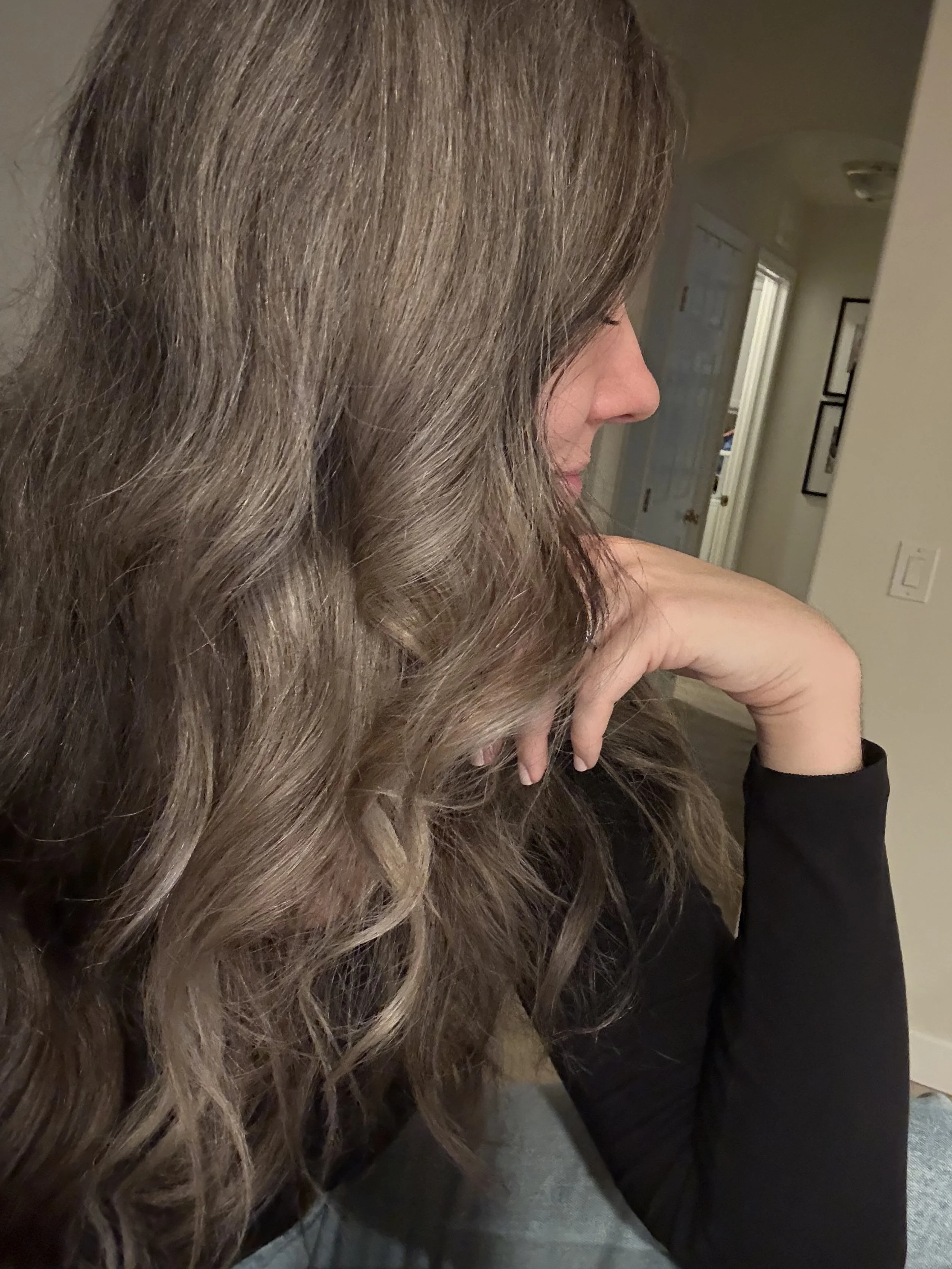

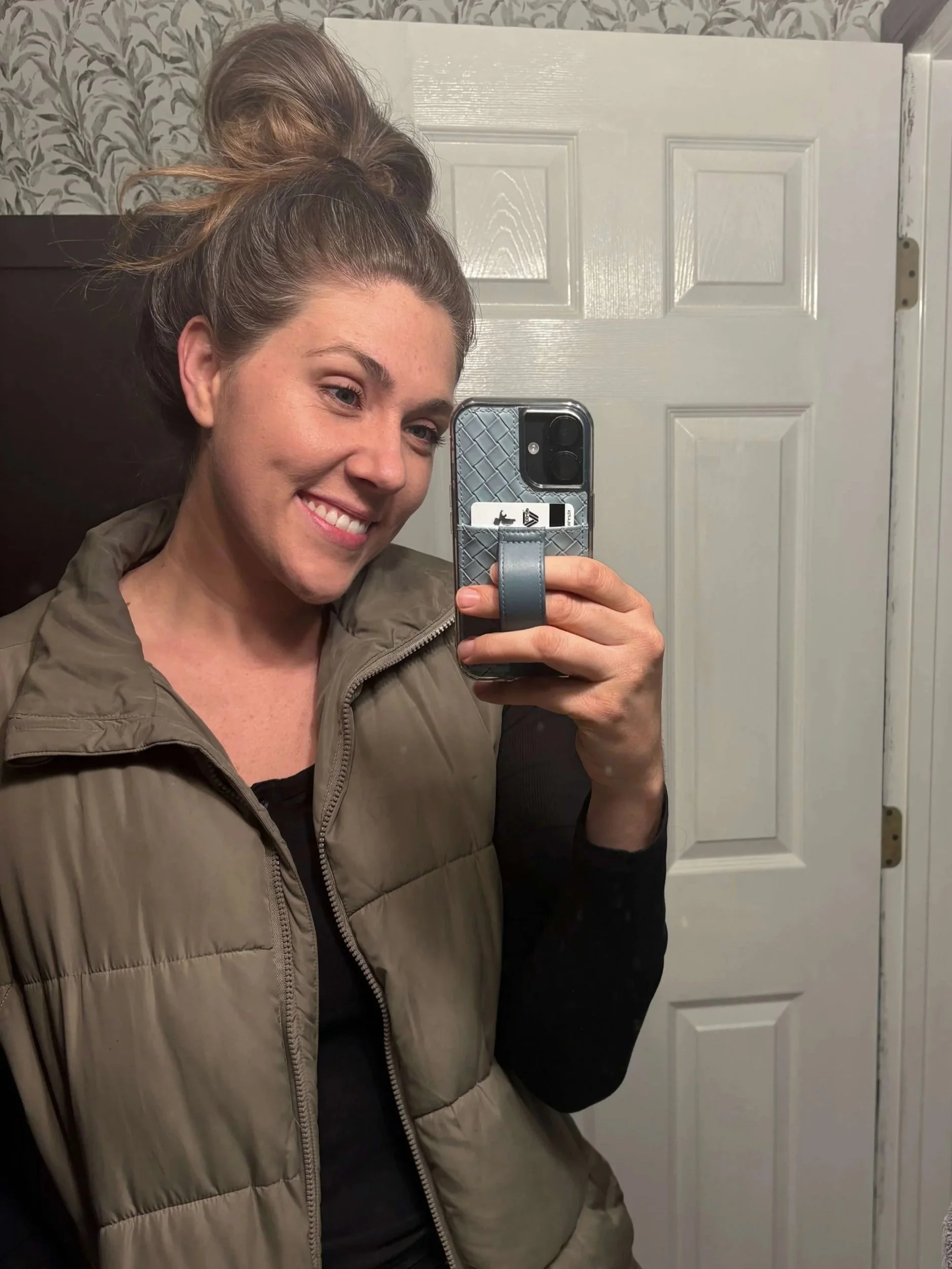







What is self-care actually?? This post explores what actually supports our wellness.. and all ideas shared take 5 minutes or less 👏